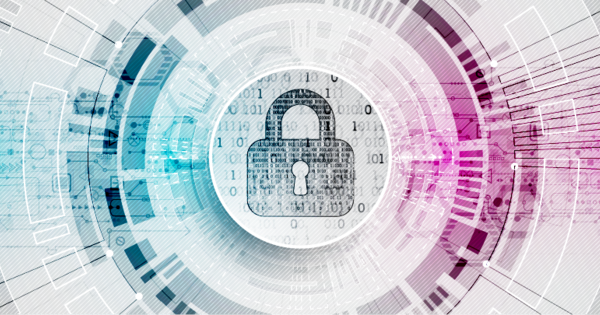Internet privacy refers to the ability of individuals to control their personal information and online activities. With the increasing amount of personal data being shared online, it has become increasingly important to protect one’s privacy.
Internet privacy refers to the right or mandate to maintain personal privacy when storing, re-purposing, providing to third parties, and displaying information about oneself via the Internet. Data privacy is a subset of Internet privacy. From the beginnings of large-scale computer sharing, privacy concerns have been articulated, particularly in relation to mass surveillance enabled by the emergence of computer technologies.
There are several ways to protect your privacy online:
- Use a virtual private network (VPN) to encrypt your internet traffic and hide your IP address.
- Use strong and unique passwords for all your online accounts, and enable two-factor authentication whenever possible.
- Use privacy-focused web browsers like Tor, which helps to mask your internet activities.
- Avoid sharing personal information on social media and other public platforms.
- Keep your software and security programs up to date to protect against malware and viruses.
- Read privacy policies carefully before signing up for any online service or app, and only share the minimum amount of personal information required.
- Use ad blockers and browser extensions that block tracking cookies and prevent targeted advertising.
It’s important to understand that there is no foolproof way to guarantee complete privacy online. However, by taking the above steps, you can significantly reduce the amount of personal information that is shared online and protect your privacy to a certain extent.
Privacy can refer to both personally identifiable information (PII) and non-PII information, such as a website visitor’s behavior. Any information that can be used to identify an individual is referred to as PII. Age and physical address, for example, could identify who an individual is without explicitly disclosing their name, as these two factors are typically unique enough to identify a specific person. Other types of PII may include GPS tracking data used by apps in the near future, as the daily commute and routine information can be enough to identify an individual.
It has been suggested that the “appeal of online services is to purposefully broadcast personal information.” In contrast, security expert Bruce Schneier writes in his essay “The Value of Privacy” that “privacy protects us from abuses by those in power, even if we’re doing nothing wrong at the time of surveillance.”
















